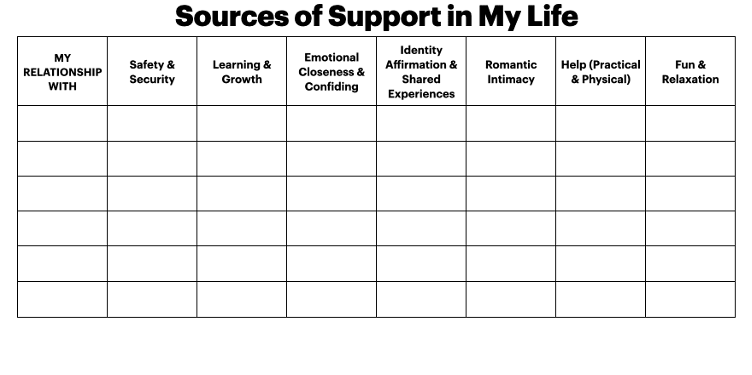Mar 28th - 2 Min Read
A Harvard study of 85-Year Divulges the Secret of Happiness and Living Longer
By: Ayat AbdulhameedBeing happy and aware of that feeling reduces the risk of heart disease, stroke, and decreases lung capacity and function. It is also associated with a lower risk of early death from cancer and infection. To put it straightforwardly, being happy helps us live longer. But what actually makes us happy?
An 85-year Harvard study answered that. In 1938, Harvard researchers undertook a decades-long research to find out the key to a happy life. This research gathered health records from 724 participants around the world and set detailed questionnaires about their lives at two-year gaps. You might think it is career achievement, wealth, exercise, or a healthy diet. Well, the most constant finding through these 85 years of study is: positive elationships keep us happier, and healthier, and help us live longer.
One way to achieve a positive relationship is ‘Social Fitness’. Believe it or not, relationships affect us physically,from that invigoration when you feel like someone has really understood you during a good conversation or that stomachache when you find out your romantic partner cheated on you. One way to have a healthy and balanced relationship is “Social Fitness.”
Our social life is a living system and establishing relationships alone doesn't mean they will be healthy. Social fitness requires investing in our relationships and being honest with ourselves about where we are devoting our time and if we are tending to the connections that help us thrive.
There are seven keystones questions to ask yourself in order to understand your relationships:
1- Safety and security: who do you turn to in a moment of crisis?
2-Learning and growth: who encourages you to take chances and pursue life’s goals?
3-Emotional confiding: who knows most of the things if not everything about you?
4-Identity affirmation and shared experience: who do you have the most shared experiences with? And who strengthens your sense of who you are?
5-Romanic intimacy: do you feel satisfied with the amount of romantic intimacy in your life?
6-Help: who do you turn to if you need help or expertise in solving practical problems?
7-Fun and relaxation: who makes you laugh? Who do you call when you want to do a fun activity?
Below is a table arranged around the seven keystones, the first column is for the relationships, place a plus (+) symbol in the columns if a relationship seems to add that type of support in your life, and a minus (-) symbol if a relationship lacks that type of support.

Think of this exercise as an X-ray tool that will help you see below the surface of your social universe. The gaps on the chart might make you realize that you have plenty of friends, but no one to confide with. And show you who to really trust and invest in. Don't be afraid to reach out to the people in your life, it's never too late to deepen the connections and find someone who you might feel all of these with.
